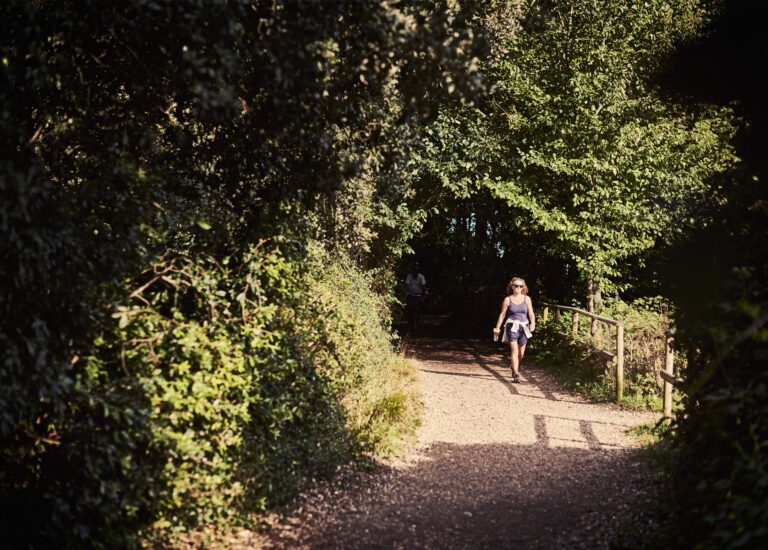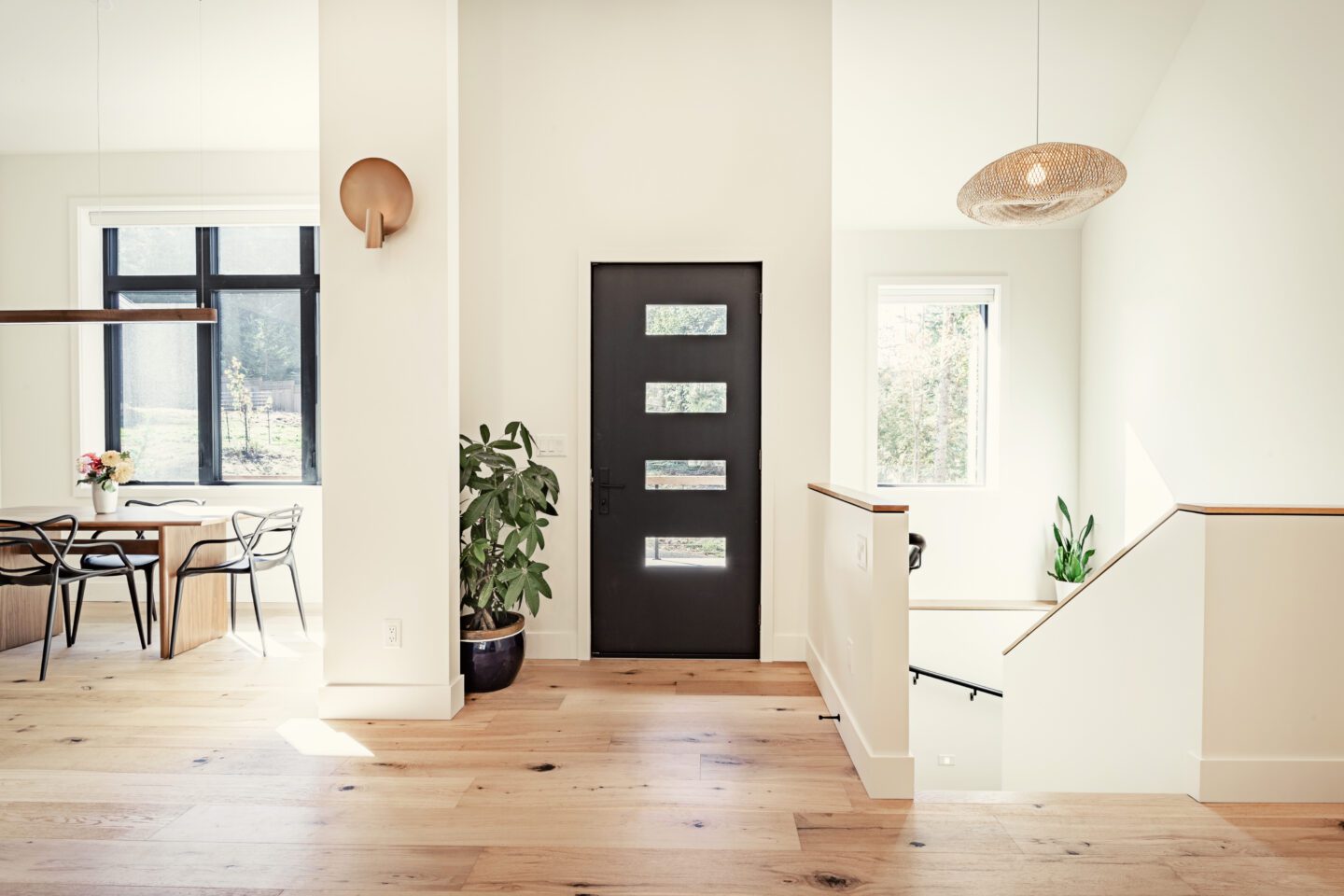Buying a new home is a huge decision. When viewing a property for the first time, it’s crucial you know exactly what to look out for. You want to get a good feel of the place, get to know the ins and outs of the house, and be made aware of any potential issues that may pop up.
We have created a checklist to use when viewing a property, including what to look out for in the initial viewing, common potential issues to spot and the important questions you should be asking both yourself and your estate agent.
With the help of our checklist, we hope you get the most out of your viewing and feel more confident about putting in an offer on your next home.
Size and
storage
One of the most important qualities of a property is its size and storage capacity. When inspecting each room of a house, consider their size and storage options and if they are big enough for your needs. Ask yourself the following questions:
- Are the rooms big enough for me and my family?
- What is the current storage space like?
- Is there space to add storage units?
- Is there room to expand?
- Will my current furniture fit into these rooms?
Inspect the
interior
It’s vital to keep a sharp eye out when inspecting the interior of a property for the first time. Look for obvious signs of damage to walls, floors, and ceilings, and make note of any unpleasant or damp smells. Signs of dampness are a common issue and are often painted over or masked with an air freshener when the house is on the market, so be sure to keep an eye (and nose!) out for:
- Are there any watermarks or other damage on the walls/ceilings?
- Is there an underlying mouldy smell?
- What condition are the skirting boards in?
- Are there any cracks or gaps in the walls or floors?
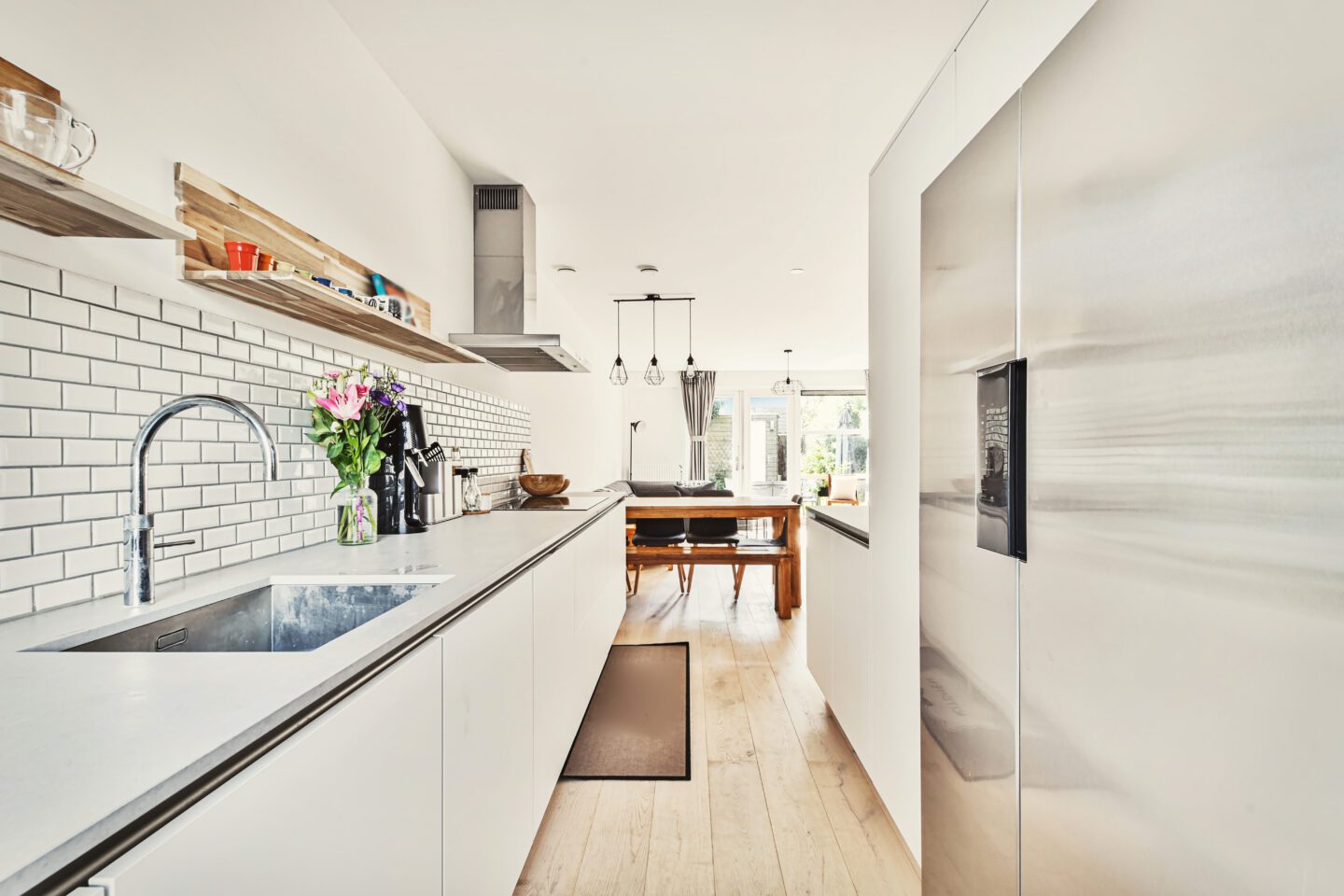
Structure of
the building
Although the interior is mostly on your mind when viewing a property for the first time, make sure you spend some time walking around the outside of the house to check the exterior. Look out for any potential issues that could prove costly in the future, such as:
- Does the roof have any cracked or missing tiles?
- How old is the roof? When was it last inspected?
- How do the drains and gutters look?
- How is the condition of the brickwork?
- Is there much scope for renovating, expanding, or adding value to the property?
Check the
windows
Another important feature that is easily missed during an initial viewing is the windows. Windows are an integral part of the structure of your home and can prove costly if there is an issue with them. When inspecting, be sure to ask:
- Do the windows have double/triple glazing?
- How old are the windows?
- Do the windows open and close easily?
- What is the frame condition like?
- Do the locks work and are the keys available?
Check the
electrics
Poor wiring is not only dangerous but also a pricey problem to fix. You want to be sure that there are no faulty electrical problems that may trip you up once you move in, so always check:
- Are there enough power outlets in each room and are they conveniently located?
- Do all the light switches work?
- Are there any exposed electric wires?
- Do the fire alarms work? When were they last inspected?
- When was the fuse box last checked?
Check the plumbling
Plumbing issues can result in a hefty repair cost if something goes wrong. Be sure to ask about the condition of the house’s plumbing and if any issues could arise, like:
- What condition is the boiler in?
- Are any of the taps faulty?
- What is the water pressure like?
- How long does it take for hot water to come through?
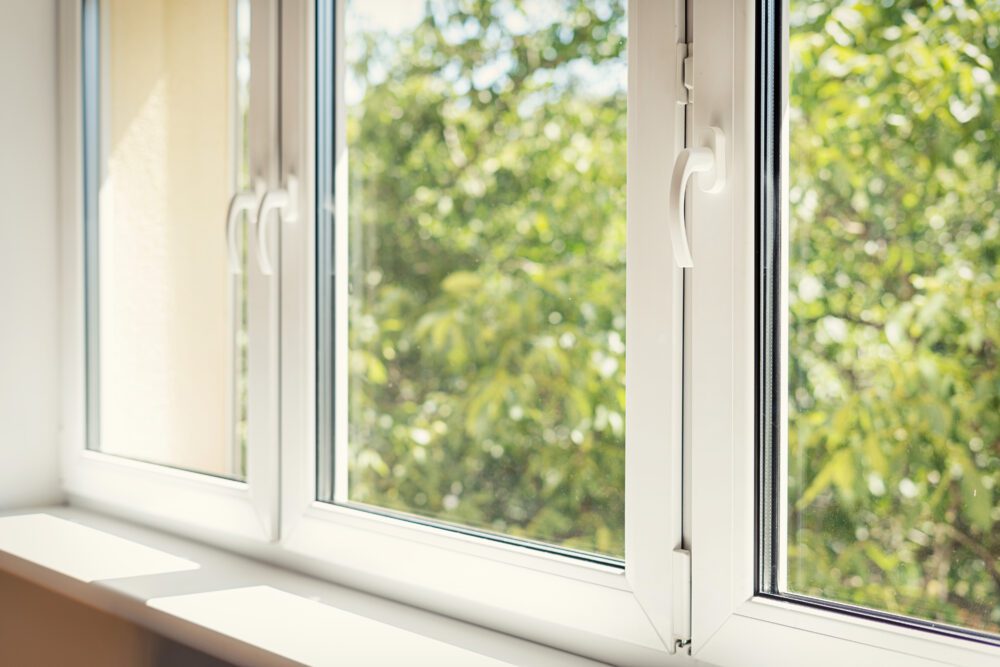
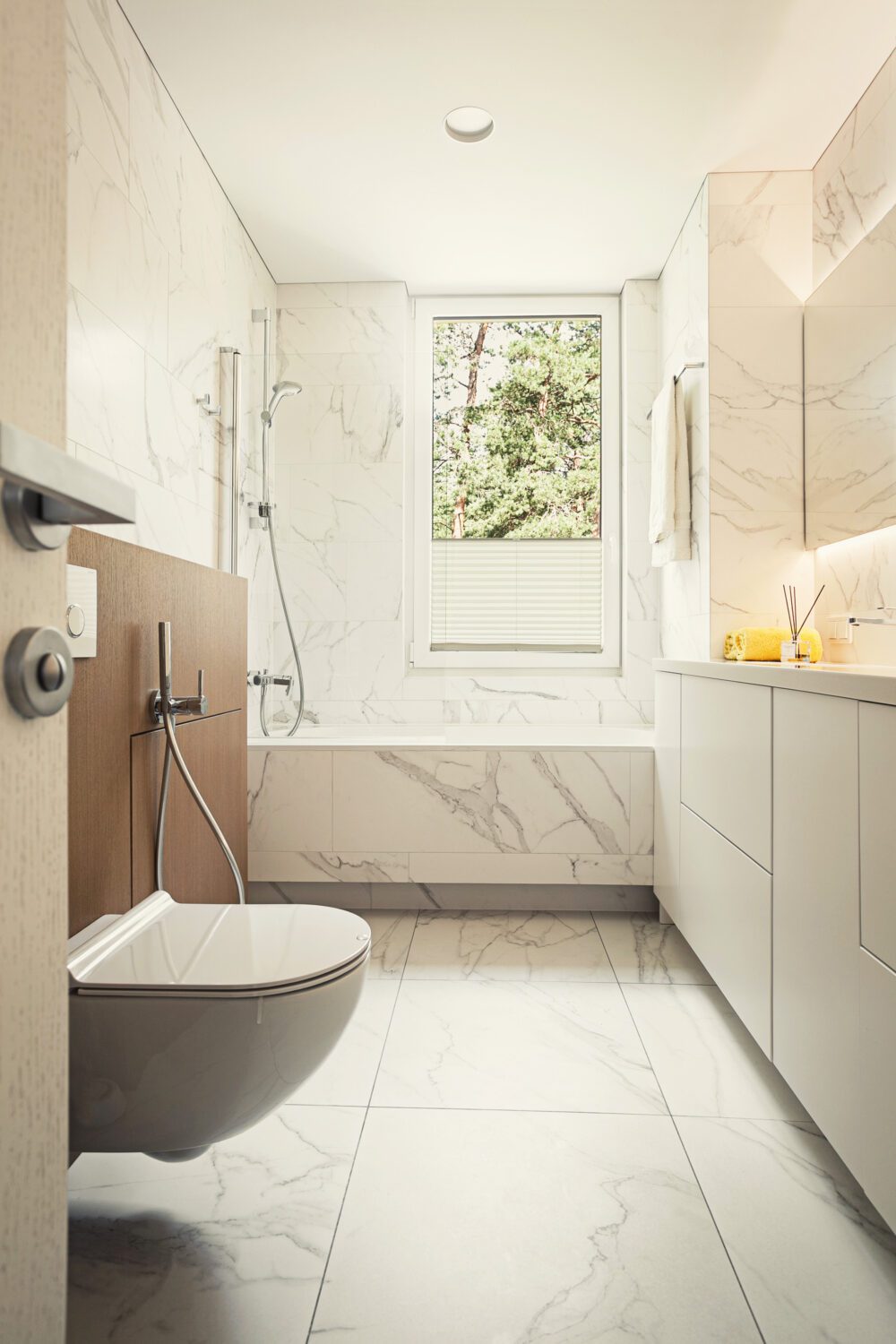
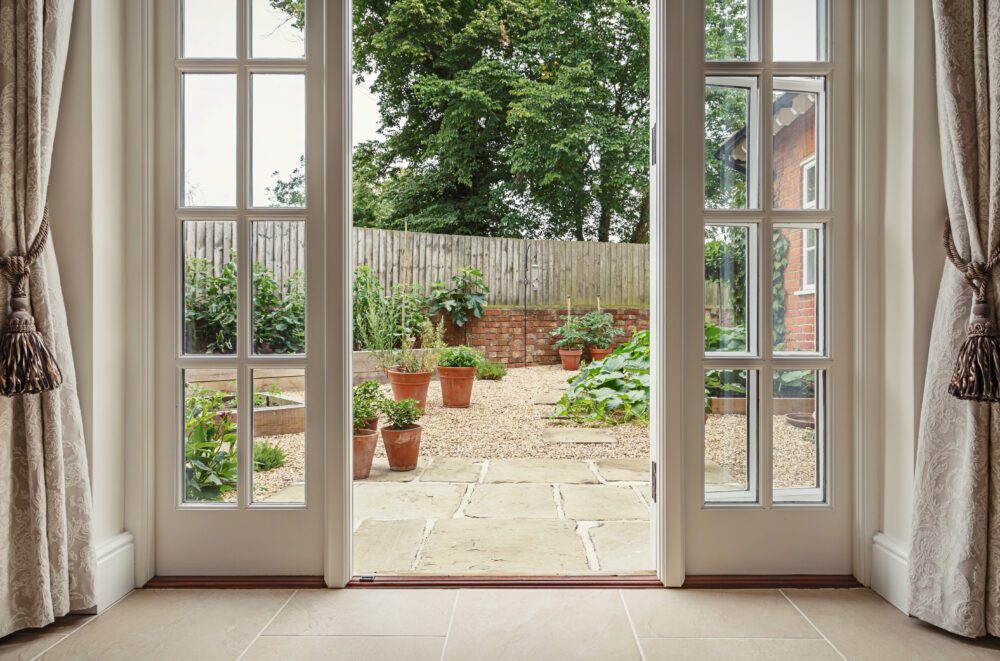
Outdoor
space
Having your own outside space is always a plus when buying a new home, but can sometimes prove more work than it’s worth. Ask questions about the property’s outdoor spaces, such as:
- How big is the garden? Is it big enough or too much to handle?
- Is the garden overlooked by neighbours?
- Which direction does the garden face?
- Is there a shed or garage?
- How much maintenance would be required for the front and back garden?
- Is there off-road parking?
Local
area
Is it always a good idea to have a chat with your estate agent about the local area and to scope out nearby spots at different times of the day. Ask your estate agent about:
- Where are the nearest shops and supermarkets?
- What are the public transport links like?
- What are the local schools like? How far are they?
- Is there much traffic?
- Is the street noisy?
Is it
energy-efficient
Every property must have an energy performance certificate (EPC) detailing information on the property’s energy use and costs. Consider the property’s rating and how much it will cost to run the house or to make it more energy efficient. Ask questions like:
- Is there loft insulation? What is its condition?
- Are the windows double or triple-glazed?
- What condition is the boiler in? How old is it and when was it last serviced?
Time to sell
your home?
Now could be the perfect time. Get in touch to discuss the best strategy for finding you a buyer this winter.
Request a valuation
